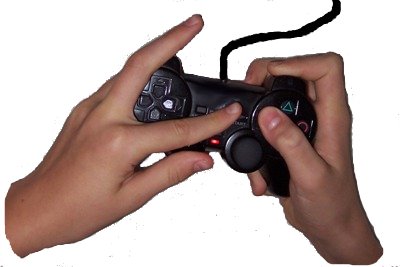|
Critical Media Literacy and Video Games
Conclusion The first year writing classroom should stimulate intellectual growth. Teaching research methods within the context of inquiry-based learning benefits students in a number of important ways as a part of students' growing critical media literacies. In the writing classroom, an inquiry-based approach to new media emphasizes writing as a form of constructing knowledge. As an approach, it is student-centered and process-based. It encourages students to suspend judgment, to examine media critically and carefully, to consider multiple perspectives, and to test ideas. Students are asked not only to think critically about the media at hand, but about the tasks of researching, interpreting, and writing themselves. As Douglas Kellner (2000) points out, critical media pedagogy provides students with "the tools to analyze critically how texts are constructed and in turn construct and position viewers and readers" (p. 198). He argues that critical media pedagogy fosters literacy "so that individuals can dissect the instruments of cultural domination, transform themselves from objects to subjects, from passive to active." As "critical producers of meanings and texts," students construct new knowledge, and provide scaffolds by which future students can contribute in other provocative ways (p. 198). Because new media is so vast, and in such flux, as students develop projects, there are no pre-conceived ends to which they should arrive. They can approach the media with open-ended questions: How are women or men or ethnic groups represented in various categories of video games? As Matt Payne (2005) notes, all games are not created equal:
Students and their faculty mentors may often be surprised by the results of the studies. By guiding students toward focusing their topics in research, exploring rhetorical contexts, and examining games from multiple perspectives, instructors can firmly ground their pedagogy in inquiry-based learning, and foster the construction of new knowledge among students. Media both reflects ideology and also helps to reinforce or formulate ideology. Since games are one of our primary tools of socialization – whether it is video games or kick-the-can or baseball or playing house – it is important to think about what games and play say about us and to us, how they constitute us as interactive and signifying beings. As students are given the tools to interrogate video games, they are poised as highly savvy manipulators of the medium to offer valuable critiques. Home | Abstract | Introduction | Methodology | Student Projects | Conclusion | References
|

